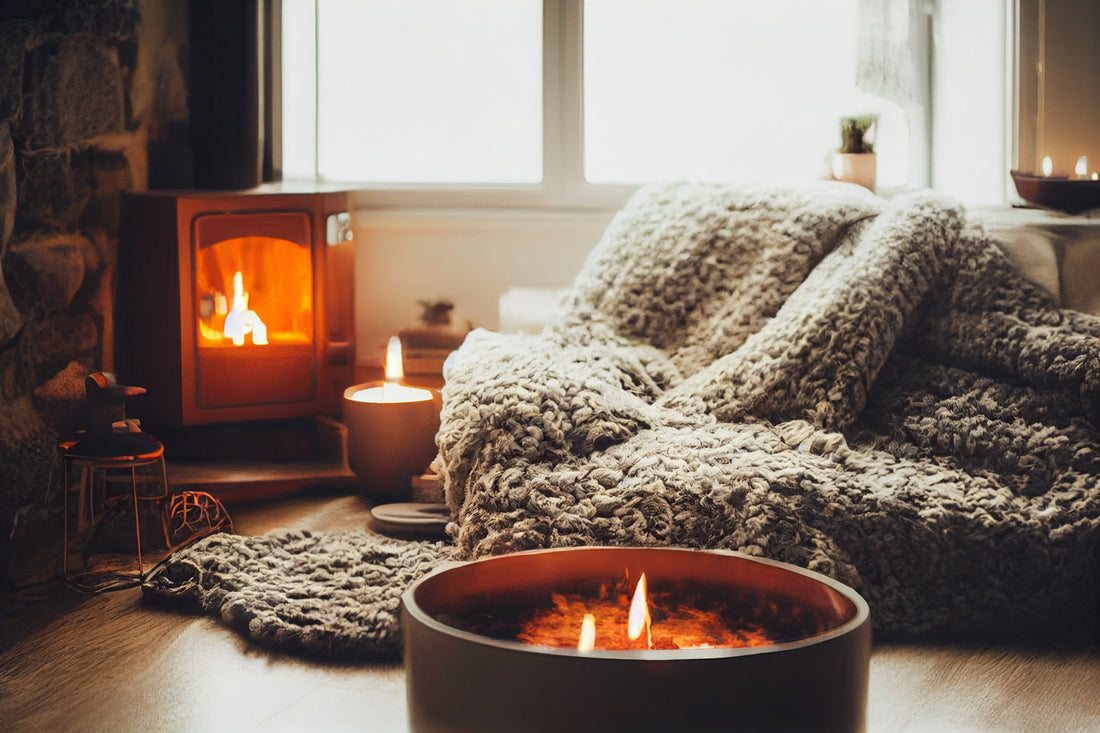
In today's fast-paced world, it's all too easy to get caught up in the hustle and bustle of our daily lives. With endless to-do lists, work commitments, family obligations, and the constant ping of digital notifications, it can feel like there's never a moment to pause and catch your breath. However, it's crucial to remember that relaxation is not a luxury; it's a necessity for maintaining our physical and mental well-being. In this blog, we will explore the importance of relaxation and share practical techniques to find serenity in the chaos of busy lives.
Why Relaxation Matters
Before diving into relaxation techniques, let's take a moment to understand why relaxation is essential, especially for those leading hectic lives:
1. Stress Reduction:
- Chronic stress can lead to numerous health issues, including heart disease, anxiety, and depression. Relaxation techniques help counteract the harmful effects of stress.
2. Improved Mental Clarity:
- When your mind is constantly racing, it's challenging to think clearly and make informed decisions. Relaxation allows your mind to rest and rejuvenate. Unwind with a Essential Roll-on and experience mental clarity.
3. Increased Productivity:
- Contrary to popular belief, relaxation can boost productivity. It helps you recharge, so you can return to your tasks with renewed focus and energy.
4. Better Relationships:
- Stress and busyness can strain relationships. Taking time to relax and connect with loved ones can strengthen these bonds.
Practical Relaxation Techniques
Now that we've established why relaxation is vital, let's explore some practical techniques that can be seamlessly integrated into your busy life:
1. Deep Breathing:
- Find a quiet space, close your eyes, and take a few minutes to practice deep breathing. Inhale slowly for a count of four, hold for four, and exhale for four. Repeat this several times to calm your nervous system.
2. Meditation:
- Dedicate just a few minutes each day to meditation. Sit in a comfortable position, focus on your breath or a calming mantra, and let go of racing thoughts.
3. Mindful Moments:
- Incorporate mindfulness into everyday activities. Whether you're eating, walking, or simply waiting, be fully present in the moment without judgment.
4. Nature Breaks:
- Spend time in nature, even if it's just a short walk in a nearby park. The sights, sounds, and smells of the outdoors can be incredibly soothing.
5. Mini Yoga Sessions:
- Set aside 10-15 minutes for a quick yoga session. Stretching your body and practicing gentle movements can relieve tension and stress.
6. Digital Detox:
- Take occasional breaks from your electronic devices. Unplugging for a while can provide mental clarity and reduce the stress of constant notifications.
7. Reading Retreats:
- Escape into a good book for a few minutes each day. Reading is not only a great way to relax but also a wonderful form of mental escape.
8. Creative Hobbies:
- Engage in hobbies or creative activities that bring you joy, whether it's painting, gardening, or playing a musical instrument.
9. Warm Baths:
- Soak in a warm bath with Epsom salts. The combination of warmth and relaxation can work wonders.
10. Prioritize Self-Care:
Make relaxation a non-negotiable part of your routine. Schedule it just like any other important task, and don't feel guilty about taking time for yourself
Conclusion
In the midst of your busy life, remember that relaxation is not a luxury but a necessity. By incorporating these relaxation techniques into your daily routine, you can find moments of calm and serenity, even in the chaos. Prioritizing your well-being will not only benefit you but also those around you, as a relaxed and rejuvenated you is better equipped to handle life's demands and challenges. So, take a deep breath, unwind, and embrace the power of relaxation in your busy life.

